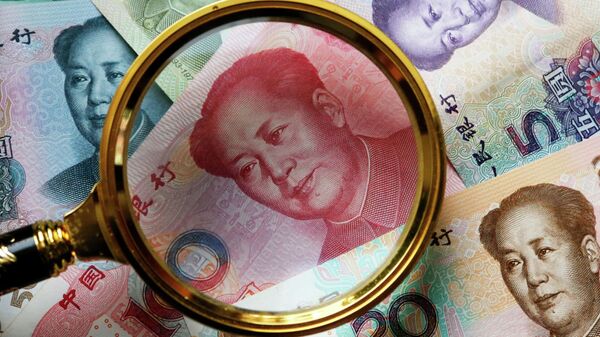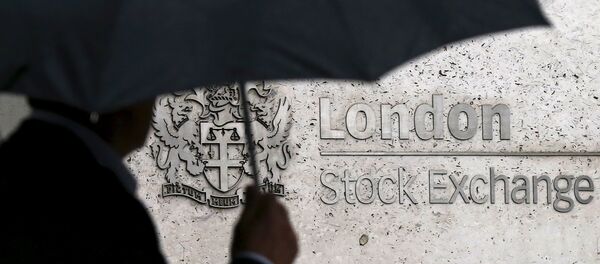The US should be cautious about playing with the debt ceiling, Samuel Rines, an economist with Chilton Capital Management in Houston, notes, elaborating that it increases the risk of an accidental default.
"Congress has gotten into a bad habit of using the debt ceiling as a political weapon. The US is not going to default this time, but playing with the debt ceiling increases the risk that it could happen by accident," Rines warns.
The American economist explained that if the US accidentally defaults even on a portion of its debt, interest rates on US Treasuries would increase tremendously. It would in its turn constrain Washington's ability to refinance its debt "at reasonable interest rates later."
To complicate matters further, "a glitch in the sanctity of US debt would accelerate the shift toward a more bipolar economic and monetary order with the US and the Dollar one side and China and the renminbi on the other," he highlighted.
The expert noted that while the US is discussing whether or not to pay its debts, Beijing is becoming more and more open to the global market and would never allow for such a debate arise in China.
"Many central banks would prefer to have a viable second reserve currency to keep the other in check. If there were two, a bad actor could more easily be punished. Theoretically, with the renminbi a viable contender, the central banks' reserves holdings would begin to diversify into non-US dollar assets and currencies, which reduces the demand for US debt in the long run," Rines emphasized.
Furthermore, a default on the US debt would deal a heavy blow to the country's domestic economy "as financial and asset market melted down." A potential default may trigger a lot of problems, but the worst outcome would be the rapid rise of the renminbi as an alternative reserve currency.
"The worst outcome for the US would be the acceleration of rise of a bipolar monetary order. At the moment, the global reserve currency is the US dollar, and the US enjoys great benefits from it. Playing chicken with the debt ceiling and creditor credibility risks sparking a 'flight to others' as the safety of US Treasury bills becomes a thing of the past," Rines concluded.



